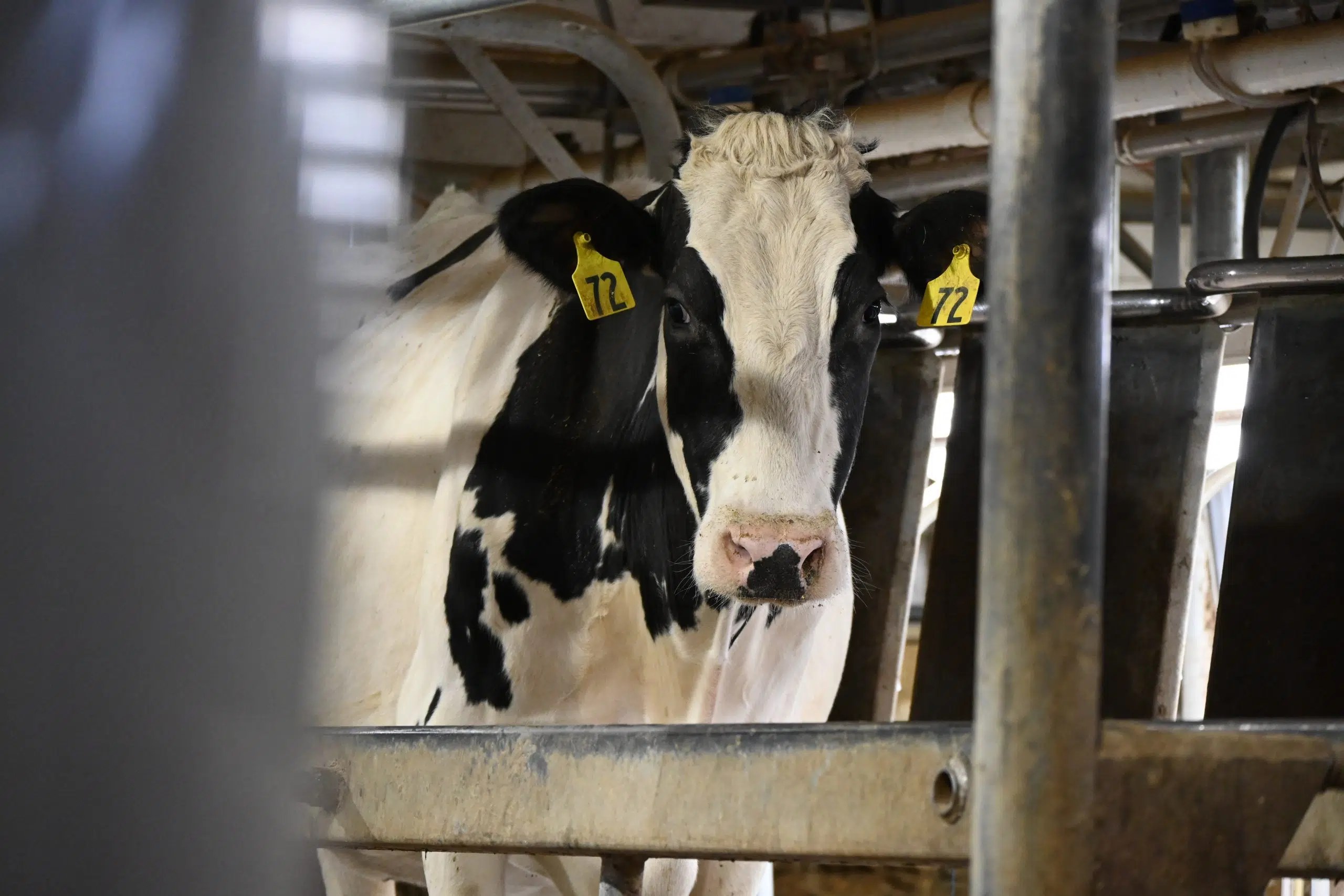What can I say? I spend my fair share of time watching pointless shows on Netflix. One that I did learn something from and got sucked into instantly was a docuseries called “Rotten.” The series was released in 2018 and now has two seasons under its belt. The show exposes a side of the food industry that you might have no idea existed.
For example, one episode is all about avocado orchards and how some villages don’t have water because of these massive orchards. There are also episodes on peanut farms, garlic, beekeepers, the wine industry, and dairy farming. The episode on dairy farming “Milk Money,” caught my attention because they focus on raw milk. The point of this particular episode was to show the dangers of raw milk in some cases, but they also showed the good side.
The filmmakers follow a child who got sick from raw milk, his mother, a raw milk advocate, along with farmers to get their take on the situation. They don’t stop there because they even talk to an economist and two professors, one being from UW-Madison. One of the dairy farms they went to was Grassway Organics in East Troy, WI.
After the “Milk Money” episode aired, DATCP started an investigation against Grassway Organics for selling raw milk. Wisconsin law basically allows you to sell raw milk on an “incidental basis.” A farmer isn’t allowed to outright sell raw milk in a grocery store or to advertise the selling of that milk. In the series, Grassway never blatantly said they were selling raw milk to people, but the narrator made it pretty obvious. In the end, DATCP allowed the farm to keep their Grade A milk permit as long as they stopped selling the milk.
The issue wasn’t done there because then Grassway’s cooperative terminated their membership and they were sent a letter by DATCP with a deadline of when they needed to find another plant to take milk to. If the deadline wasn’t reached, their Grade A permit would be taken away. I reached out to Grassway for an interview regarding the benefits of raw milk and the TV series, but have yet to get a response. Luckily, another organic dairy farmer was willing to do an interview anonymously.
I had to agree to leave the farm and her name out of the interview. She explained how she was not impressed with the show. “The makers of that documentary had a bias going into it. They wanted to make it look like they were being open, but they weren’t,” she said. She talked about how the show played raw milk out to be very dangerous, but she believes there are benefits to drinking it. She claimed that some doctors had told their patients to drink raw milk if they suffered from Crohn’s disease because it wouldn’t upset their stomach as pasteurized milk would.
Our anonymous dairy farmer went on to explain another benefit, “I’m an almost 58-year-old woman. I’ve had several bad falls, I’ve gotten trampled by one of the cows, and I have not had a broken bone.” She believes that’s due to drinking raw milk.
This also brings up the question of “If raw milk is so good for you, why is there such a divide on it?” I first asked my doctor about raw milk to get her thoughts on it and she sent me the following email. “Personally as a physician, I definitely do not recommend drinking raw milk because of concern of transmission of many foodborne illnesses. Thanks!” This lead to the part of the episode where they told the story of a kid who got very sick after drinking raw milk. Our mystery farmer brought up a good point though. “The problem is, if it was the milk that was contaminated, you would have had hundreds of people getting sick from that milk, not five…it wasn’t the milk, it was somebody didn’t wash their hands and contaminated a few bottles.”
The farmer also explained how 200 years ago raw milk was all anybody ever drank and they didn’t all get deathly sick from it, so what happened? “Most of the other diseases that became associated with raw milk did not happen until industrialization took place. All of the sudden, before they understood sanitation they had milk going into a central location from all over and then getting bottled and distributed. The workers weren’t clean, the situation wasn’t clean, they didn’t use clean water. They didn’t sanitize afterward because nobody understood about that.” She said that because of poor sanitation protocol, you automatically had more diseases popping up from people drinking the milk.
She ended the interview by sharing with me how she doesn’t think the issue with raw milk will ever completely go away. She believes that doctors are trained to say how bad it is for you. “The issue with raw milk being a source of disease, which is what most modern doctors have very firmly stuck in their head, became an issue because of poor sanitation practices in the milk processing plant.”
The question still has to be answered, “Is raw milk good or bad for you?” Everyone I’ve talked to has an opinion on the benefits or the dangers of the milk. The Raw Milk Institute claims that raw milk helps reduce the risk of respiratory infections and fevers by about 30%, protects babies from rhinitis, respiratory tract infections, and ear infections. On the other hand, most medical professionals feel that it’s not worth the risks. So is it time to go back to the old days and drink raw milk? It might be. I highly recommend taking the time to watch the “Milk Money” episode of “Rotten” on Netflix.
You can listen to the full interview with our anonymous dairy farmer here.





